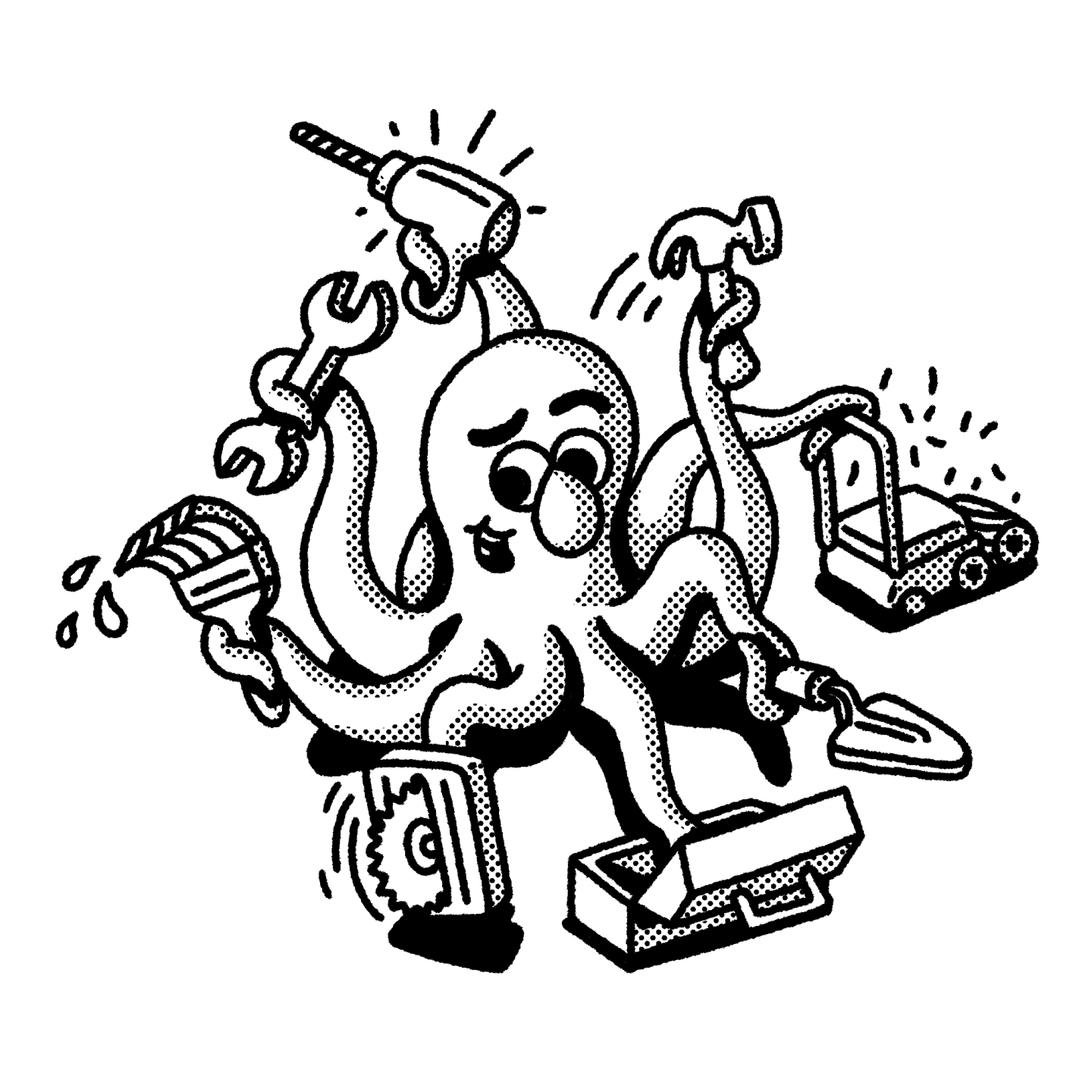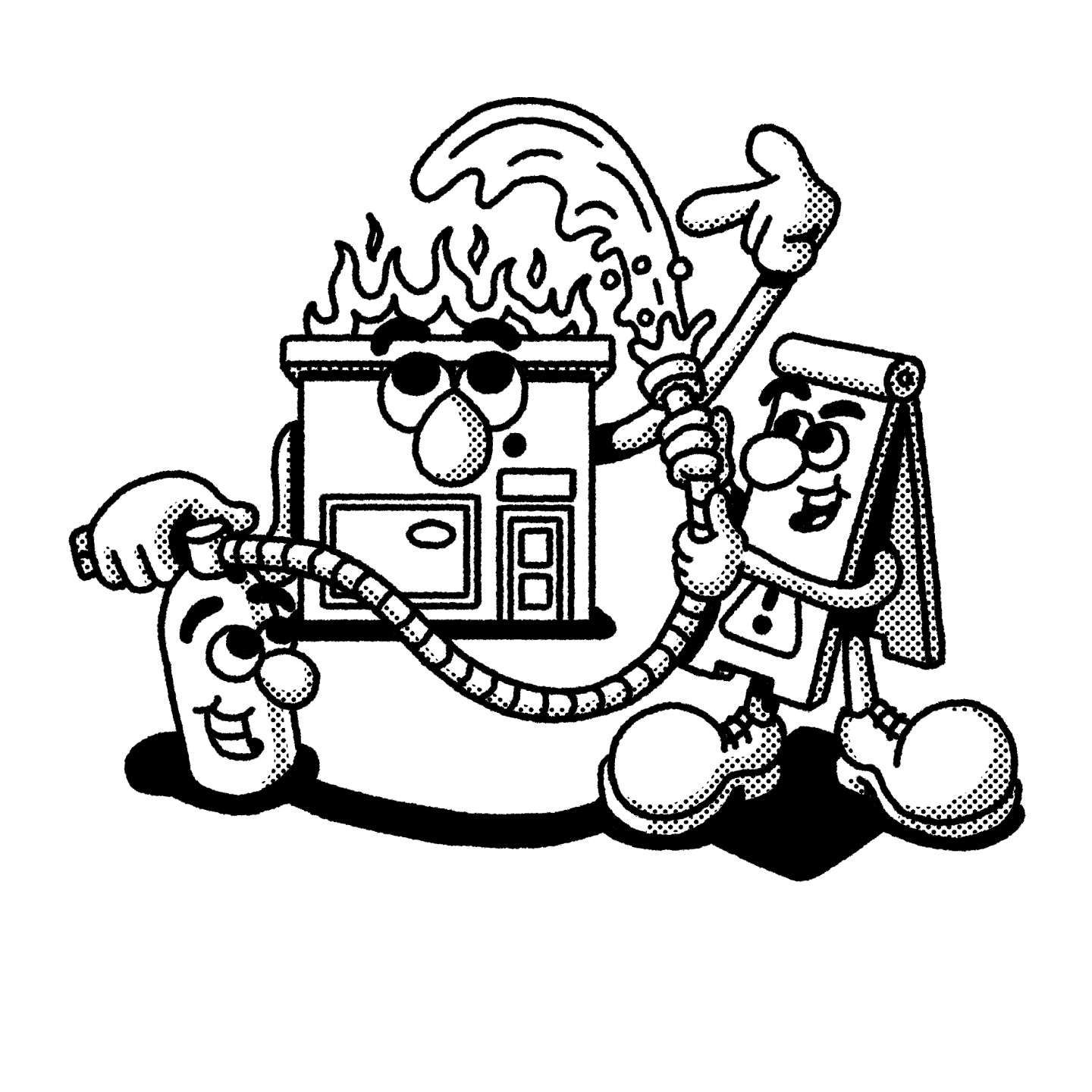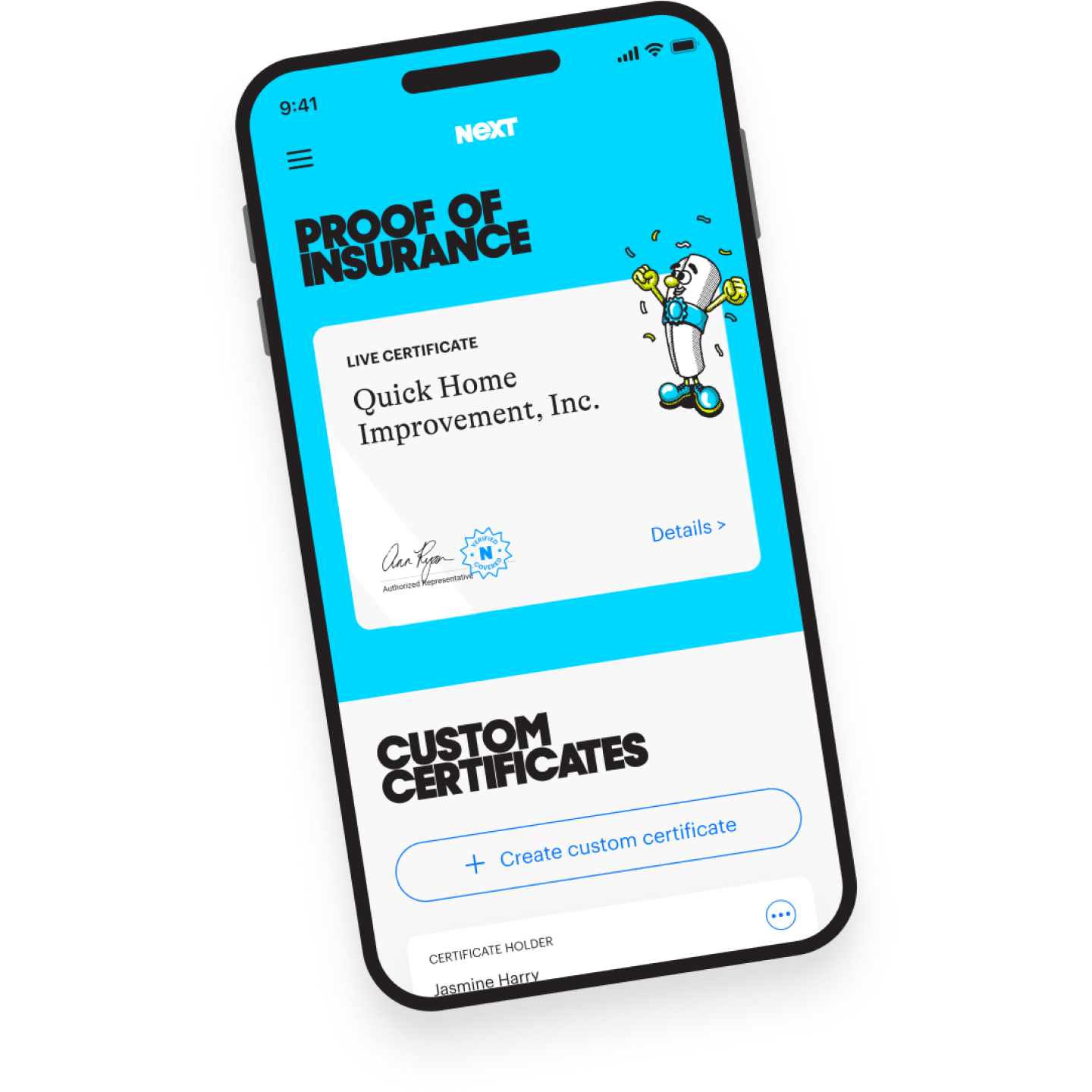Employment Practice Liability Insurance (EPLI)
Coverage for employee lawsuits around discrimination, harassment and wrongful termination
Choose your primary industry to get started:
Get coverage that could help with legal costs if your business is accused of:
Discrimination
A former employee files a lawsuit alleging they were fired because of age, race, age, religion, sex or disability.
Wrongful termination
A former employee alleges they were fired in retaliation for a whistleblower claim.
Harassment
An employee alleges derogatory verbal or physical behavior like jokes, slurs, comments or offensive pictures.
Privacy invasion
Confidential employee health information is leaked and an employee sues.
Failure to hire or promote
A well-qualified applicant sues after they weren’t hired claiming it was because of their disability.
ADA violation
A visually impaired customer sues because your website does not accommodate screen reader software.
Learn more about Employment Practices Liability coverage
Any business can be subject to a lawsuit from a former or current employee or a customer who feels they’ve been discriminated against.
What is EPLI insurance?
Employment practices liability insurance (EPLI), an add-on to general liability insurance, can help cover costs if your business is sued by a customer or an employee for things such as sexual harassment, discrimination or wrongful termination.
An EPLI policy could help cover your legal fees if an employee (or several employees) accuses you of unfairly terminating them, or if a customer accuses you of violating their rights.
Employment practices insurance can also help pay for legal expenses associated with Americans with Disabilities Act (ADA) compliance complaints. For example, if a claim is filed that you don’t have proper wheelchair access to your front door, EPLI could help.
An EPLI policy can help to protect your small businesses from the costs of lawsuits involving:
-
Harassment
-
Discrimination
-
Wrongful termination
-
Breach of employment contract
-
Negligent evaluation
-
Failure to hire or promote
-
Wrongful discipline
-
Deprivation of career opportunity
-
Wrongful infliction of emotional distress
-
Mismanagement of benefits
-
Wrongful discipline or demotion
-
Privacy invasion
What can EPLI insurance cover?
Small businesses may be more vulnerable to harassment or discrimination claims because they don’t usually have a human resource department, legal staff or employee handbook.
If your small business is sued by a customer, employee or former employee, employment liability coverage is a type of liability insurance that could help cover your legal defense costs, and the costs of a settlement or judgement.
Some of the more common kinds of claims covered under an EPLI policy include:
-
Sexual harassment
-
Wrongful termination
-
Discrimination
EPLI can cover business owners, managers and employees. It’s an optional add-on to your NEXT general liability policy.
You need to have an active policy at the time the incident occurred, and when the claim is filed.
What’s not covered by Employment Practices Liability insurance?
EPLI can help with legal costs around some lawsuits that affect your business, but it does not cover all types of incidents, including:
- Physical injuries (bodily injury)
- Property damage
- Intentional or criminal acts
- Contractors or 1099 employees
- Wage and hour claims
- Equity compensation
EPLI will also not cover claims if you don’t have an active policy when you receive notice of a claim — even if you had EPLI when the incident occurred.
To have coverage, your policy must be in effect when the claim is made and the incident must occur after the retroactive date in the policy. You’ll also need to notify NEXT within the reporting period.
EPLI policies often don’t cover punitive damages or civil or criminal fines.
How much does EPLI insurance cost?
What you’ll spend on EPLI coverage depends on a variety of factors, such as:
-
The type of work you do
-
Number of employees
-
Your claims history
-
Your work experience
-
The limits you choose
-
The state where you work
And if you bundle EPLI and general liability insurance with an additional policy, such as workers’ compensation insurance, you could save up to 10%.
Get a free quote for EPLI online to see specific costs for your business.
What's the difference between EPLI insurance and Workers' Compensation insurance?
Workers’ comp insurance can help protect your employees from work-related injuries and illnesses such as medical costs, job retraining, physical disabilities and more.
EPLI can help you pay legal fees for professional discrimination claims against your business. It can help to protect your business from employee accusations of unfair treatment — which is not covered by workers’ comp.
How to get Employment Practices Liability insurance with NEXT
NEXT has EPLI as an add-on for general liability insurance.
You can buy NEXT EPLI insurance with general liability coverage 100% online in about 10 minutes.
Simply start a free quote to see options for your business. We’ll ask you a few questions and recommend coverage options.
If you like what you see, you can adjust the package limits and buy online. You’re insured immediately after payment, and you’ll have access to your certificate of insurance at no extra cost.
NEXT Insurance reviews
Satisfied Customer
Best business insurance with the easiest process!
Stephen H.
Small business insurance
I thought next was easy to use, great rates and outstanding follow-up.
Taylor M.
Small start up
Thanks for helping a small startup. Was able to get the insurance I need for a cost I could afford.
Deborah H.
Easy to use
Great! Set everything up and got the insurance needed for my business without hassle and it was very easy and quick to navigate.
Myles C.
Great!
Hassle free and great to work with. Affordable.
Anthony G.
Peace of mind
easy to apply and and customer service is very responsive
Darrell W.
Easy & affordable
This company makes the process very easy & affordable. Thank you for this service!!
Ronald M.
Easy to sign up and has what I need.
Only took about 10 minutes to have all my questions answered and get the plan I need for my business. Great price and easy to understand plan.
Annick L.
The best service.
Thanks for your help with my needs, I'm very grateful for your assistance and help. I will recommend your company to others
JOEL C.
Blown away
Truly a great team of people that worked really hard to get everything together for me and went out of there way to make it fast and easy
Raaf C.












